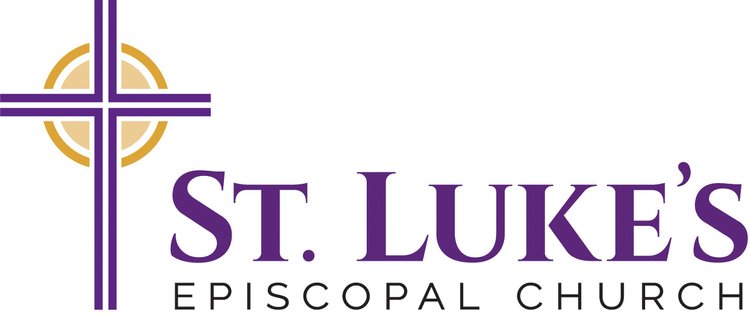Episcopal Church House of Bishops: A Word on Protest and Federal Policing
[August 4] The House of Bishops met virtually July 28-29, 2020. The following statement was adopted on July 29. While the situation on the ground in Portland has changed, the bishops believe it is important to share their statement about protest and policing:
Blessed be the Lord! *
for he has shown me the wonders of his love in a
besieged city.-Psalm 31:21
We bishops gathered virtually on July 28 and 29 in the midst of an unprecedented series of public moments in the United States: an ongoing pandemic causing great physical, emotional, and economic suffering; continuing protests over the use of deadly force by police, especially in communities of color; and an expanding investigation into the depth and extent of systemic racism in our national life and history. Any one of these would be a major disruption in American national life. The confluence of all of them has been truly world-changing, and has left some angry, others hopeful.
If there is one event during the time we met which encapsulated all the anxieties and aspirations of U.S. bishops in the House, it is the situation in Portland, Oregon and other cities. Even as we were meeting the mostly nonviolent protests in these cities continue, as does the deployment of unmarked, anonymous federal officers there.
We Episcopalians stand in a creative tension with regard to civil authority. We are the inheritors of an established church tradition and so it is our longstanding custom to honor legitimate government. At the same time, we follow One who challenged the civil authority of his own day.
The national and international conflicts of the twentieth century have taught us the value of protest and civil disobedience. The Civil Rights movement of the mid-twentieth century was built on Christian social principles. In the words of Dr. Martin Luther King, Jr., "Protest beyond the law is not a departure from democracy; it is absolutely essential to it."
We certainly share and understand the concern for protection of life and property. What troubles us is the unprecedented nature of the federal response to a largely peaceful protest. The federal forces deployed in Portland and elsewhere are unidentified and patrol in unmarked rental cars. They detain and arrest protesters without probable cause. They are specifically uninvited and rejected by the elected civil authorities of where they are deployed.
As bishops we serve both as civic leaders and pastors. We are concerned both for the health of our body politic and for the suffering and injustice we see in our streets. We commit ourselves both to advocate for continued nonviolence on the part of the protesters across the United States and for a return of policing authority to local agencies who are known by and accountable to the people's elected representatives. Respect for the rule of law cuts both ways: protesters must respect life and property; authorities must abide by due process.
The United States is not the first nation to face these challenges, and it will not be the last. But the church cannot remain silent when we see such flagrant abuse of civil power deployed against those who stand for justice and peace and against systemic institutional racism. In the words of Dietrich Bonhoeffer, a theologian who gave his life standing with those who challenged merciless power masquerading as legal authority, "Christianity stands or falls with its revolutionary protest against violence, arbitrariness, and pride of power, and with its plea for the weak."
May we all, in our shared witness to the love, justice, and reconciliation proclaimed and embodied in Jesus Christ, do all in our power to return the streets of all our cities to the peace of the heavenly city toward which we walk. And in this time of unique challenges and opportunities, may we continue to hold before us the vision of love and justice which have inspired Jesus and all his followers from his day to ours.
